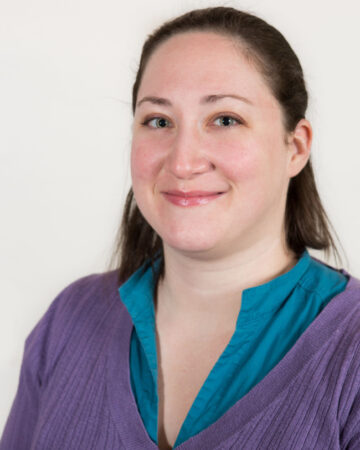Talks - Three Presentations Improving Practice
T14 - Teaching and Learning Strategies
About this event
De la classe inversée à la classe redressée
La classe inversée a connu une popularité remarquable mais elle a constitué aussi un mode atypique du processus d’apprentissage traditionnel dont la pérennité n’est pas garantie. Nous présentons un ensemble de recommandations qui feront de ce modèle inversé un choix incontournable et pérenne avec la «Classe Redressée». Ces recommandations renforcent la responsabilité de l’apprenant qui pourra adapter son apprentissage à son rythme mais qui sera aussi accompagné par l’enseignant grâce aux technologies et l’évaluation formative.
Presenters: Radhi Mhiri and Faten M’Hiri
Innovation Within Ancient Tradition: Experiments in Latin Teaching
This presentation describes the result of experimentation with new strategies teaching classical Latin, particularly the surprising negative results of using cheat sheets to address the increasing difficulty students have with memorization. Other methods, including online resources and labour-based grading, demonstrate the utility of new technologies as well as the continuing relevance of old strategies in fields (e.g. Latin, lacking many of the tools available in modern language learning) requiring both memorization and analytical thinking.
Presenters: Lauren Kaplow
Skill Bridge: Integrating Rich Skills Descriptors (RSD) into Active Learning for Enhanced Employability
This proof of concept aims to align active learning with skill-based hiring demands by integrating Rich Skills Descriptors (RSD) into course designs. Educators can enhance learning experiences, facilitate students’ market integration, and contribute to Linked Open Data that informs technopedagogical advances. Our approach involves: (1) Creating RSDs from existing syllabi to reflect pedagogy and acquired skills. (2) Adapting pedagogies using industry RSDs. This method bridges education and industry, fostering skill alignment and enhancing students’ employability.
Presenters: Amine Rahj
Presenter(s)

Radhi Mhiri
Université du Québec en Outaouais, Gatineau

Faten M’Hiri
McGill University, Montreal

Lauren Kaplow
Concordia University, Montreal

Amine Rahj
Additional information
- Organizer
- SALTISE
- Language
- English & French
